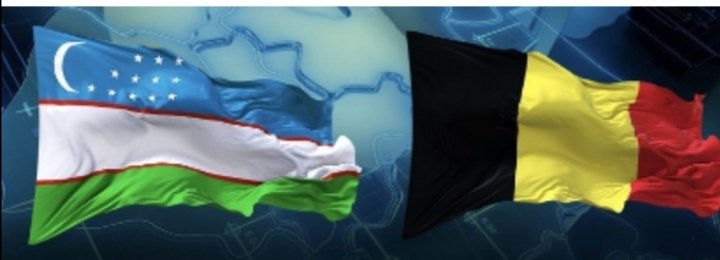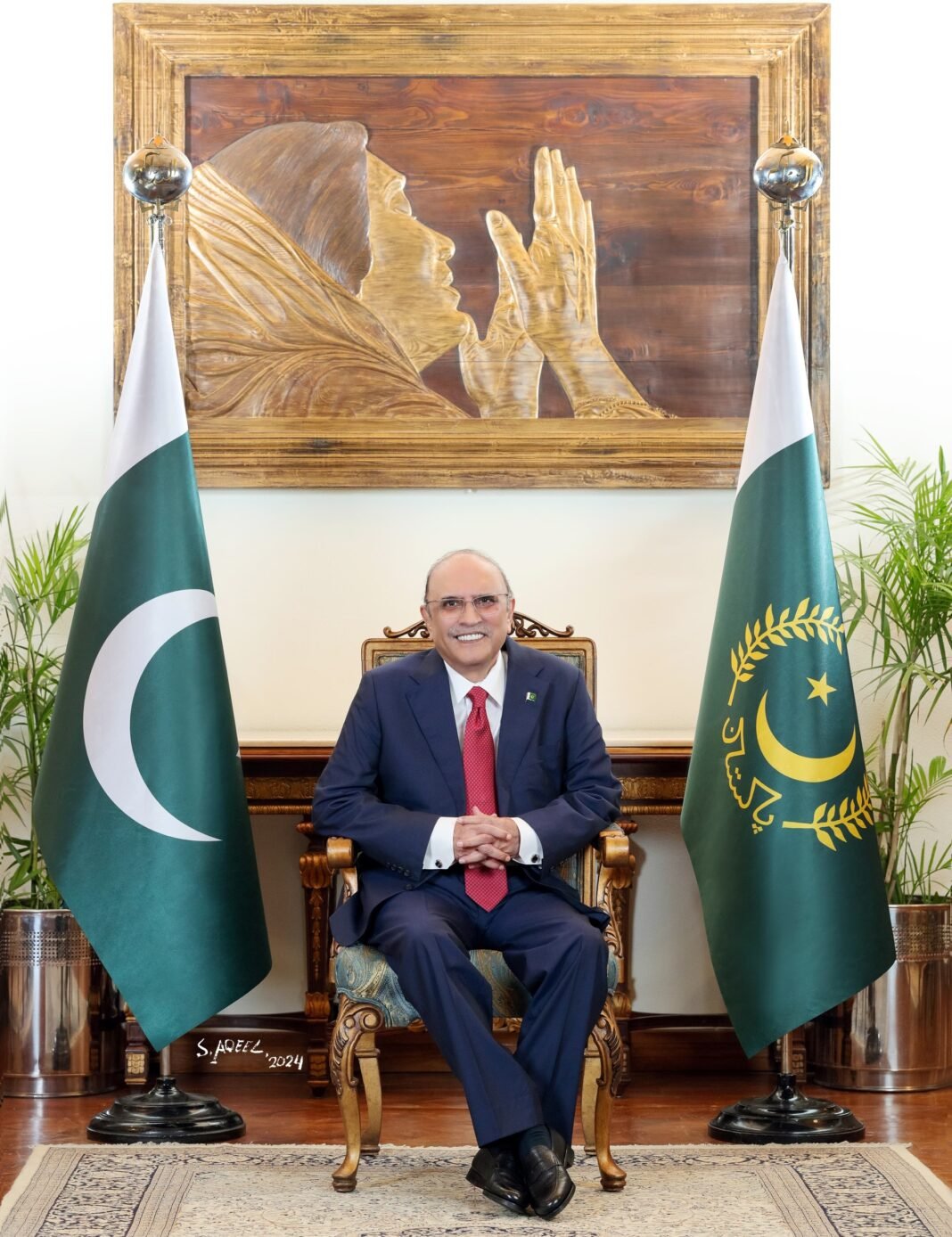
Obid Khakimov, Director of the Center for Economic Research and Reforms (Uzbekistan)
In October, the President of the Republic of Uzbekistan, Shavkat Mirziyoyev, will pay a visit to the Kingdom of Belgium, during which important decisions are expected to be made that will mark a qualitatively new stage in relations between Uzbekistan and the European Union. In particular, the visit will feature the signing of the Agreement on Enhanced Partnership and Cooperation.
In recent years, Uzbekistan has been actively shaping a new framework of engagement with Europe – a key pillar of stability amid current geopolitical tensions and global economic uncertainty. The ties between Uzbekistan and European countries continue to grow, and the areas of cooperation are diversifying, supported by the ongoing reforms in Uzbekistan.
Building a New Chapter in Relations
After gaining independence, Uzbekistan’s relations with the European Union developed dynamically. A Memorandum of Understanding between the Government of Uzbekistan and the European Commission was signed in 1992, followed by the establishment of diplomatic relations in 1994. The foundation of cooperation was laid by the Partnership and Cooperation Agreement (PCA) signed in June 1996 and entering into force in 1999. However, at a certain stage, cooperation faced difficulties due to the insufficient pace of democratic reforms in Uzbekistan.
With the election of Shavkat Mirziyoyev as President, the situation changed dramatically. As early as 2017, during his visit to Tashkent, Stefano Manservisi, Director-General for International Cooperation and Development of the European Commission, stated that “the EU regards Uzbekistan as a strategic partner.” The sweeping democratic and economic reforms launched in Uzbekistan helped resolve within a short period many issues that had long remained unsolved. Forced labor was completely eradicated, and reforms in the cotton sector enabled the country to abandon raw cotton exports altogether.
As reforms advanced, the legal and institutional framework of relations with Europe expanded rapidly. While previously Uzbekistan and the EU granted each other most-favored-nation treatment under the PCA, in April 2021 the EU granted Uzbekistan GSP+ beneficiary status, and in 2022 the Enhanced Partnership and Cooperation Agreement (EPCA) was initialed.
Along with internal transformation, Uzbekistan’s foreign policy architecture also changed. Priority was given to closer cooperation with neighboring Central Asian states, as well as the active expansion of ties with European countries – a vector that has strengthened steadily in recent years.
Just in the past year, Uzbekistan established strategic partnership relations with France, Italy, and Slovakia, while discussions on expanding strategic cooperation with Hungary continued. President Mirziyoyev also visited Slovenia, and Italy’s Prime Minister and Bulgaria’s President visited Uzbekistan.
A milestone in strengthening relations between Uzbekistan and Europe, and between Europe and Central Asia as a whole – was the first EU–Central Asia Summit, held in Samarkand in April 2025 under the chairmanship of Shavkat Mirziyoyev. Uzbekistan presented a broad range of initiatives to create a new model of regional cooperation between Central Asia and Europe, including: a multilateral agreement on investment protection and promotion; the launch of a Central Asia–EU Joint Chamber of Commerce; the adoption of a regional support program for SMEs and women’s entrepreneurship; the establishment of an investment platform to promote regional projects in green energy, innovation, transport, infrastructure, and agriculture.
The Samarkand Summit was highly productive. A Joint Declaration was adopted, establishing a strategic partnership between the two regions in trade, transport, energy, digital connectivity, and water management. European Commission President Ursula von der Leyen announced that the EU had prepared a €12 billion investment package for Central Asia under the Global Gateway initiative.
The Trajectory of Economic Cooperation
Uzbekistan’s deep democratic transformations have significantly improved relations with European countries. Economic reforms have enhanced the competitiveness of Uzbekistan’s economy, stimulating investor confidence and growing interest from European businesses.
The results are impressive. Over the past 8 years, Uzbekistan’s GDP has doubled, reaching $115 billion in 2024. Since 2017, investment in fixed capital has totaled $240 billion, of which foreign investment exceeded $130 billion. The country’s foreign exchange reserves surpassed $48 billion for the first time in history. Structurally, the share of industry in the economy increased from 20% to 26%, and services from 44% to 47%. Labor productivity (GDP per employed person) rose by 45%.
As a result, opportunities for mutually beneficial cooperation between Uzbek and European businesses have expanded. Between 2017 and 2024, Uzbekistan’s trade with the EU increased 2.4 times to $6.4 billion; exports grew 3.6 times to $1.7 billion, and imports 2.2 times to $4.7 billion. In 2024, the EU’s share in Uzbekistan’s total trade turnover was 9.7%, in exports 6.3%, and in imports 12%. The EU ranked third among Uzbekistan’s trade partners, after China and Russia.
The EU’s share in Uzbekistan’s total exports increased from 3.8% to 6.3% over the same period. This growth was driven by Uzbekistan’s accession to the GSP+ preferential trade system, granting duty-free access to the EU market across roughly 6,200 tariff lines. The share of Uzbekistan’s exports benefiting from GSP+ reached 59%, with a preference utilization rate of 84%, indicating efficient use of trade benefits.
In 2024, Uzbekistan’s exports to the EU were dominated by chemical products (52.1%), as well as textiles, ferrous and non-ferrous metals, minerals, and food products. Among EU members, France accounted for 47.2% of exports, Lithuania for 10%, and Latvia for 6.9%.
Uzbekistan’s imports from the EU significantly exceeded exports – a reflection of the ongoing technological modernization of the national economy. Around 16% of Uzbekistan’s total imports of machinery, equipment, and transport vehicles come from EU countries.
Investment cooperation is also expanding rapidly. In 2024, foreign investments and loans from EU countries and their financial institutions increased by 77%, reaching $4.1 billion (compared to $2.3 billion in 2023). The most active investors were Germany ($1.37 billion), the Netherlands ($1.05 billion), Cyprus ($858.9 million), the Czech Republic ($137.8 million), Italy ($99.8 million), and Sweden ($97.5 million). Today, around 1,000 enterprises with EU capital operate in Uzbekistan, with a total project portfolio of €30 billion.
A special role in recent years belongs to the EBRD, of which Uzbekistan has become one of the largest beneficiaries. The Bank’s total investments in Uzbekistan’s economy exceeded €5 billion, including around €1 billion in 2024, primarily directed toward the private sector.
Reforms in Uzbekistan have become the key driver for unlocking the significant potential of trade and economic cooperation with the European Union.
Uzbekistan–Belgium
The upcoming visit will also focus on strengthening relations between Uzbekistan and Belgium. Diplomatic relations were established following the opening of the Embassy of Uzbekistan in Brussels in 1993. In 1996, the two countries signed an Agreement on avoidance of double taxation, and in 1998 – an Agreement on mutual protection and promotion of investments, which provide legal guarantees for investors in both states.
Business contacts have intensified in parallel with Uzbekistan’s reform agenda. The visits of 2019 and 2022 set the tone for cooperation in infrastructure, energy, and the digital economy. More important than the current trade volumes
Sohail Majeed is a Special Correspondent at The Diplomatic Insight. He has twelve plus years of experience in journalism & reporting. He covers International Affairs, Diplomacy, UN, Sports, Climate Change, Economy, Technology, and Health.





![logo-1[1]](https://globalnewspakistan.com/wp-content/uploads/2025/01/logo-11-e1737618310315-300x187.png)